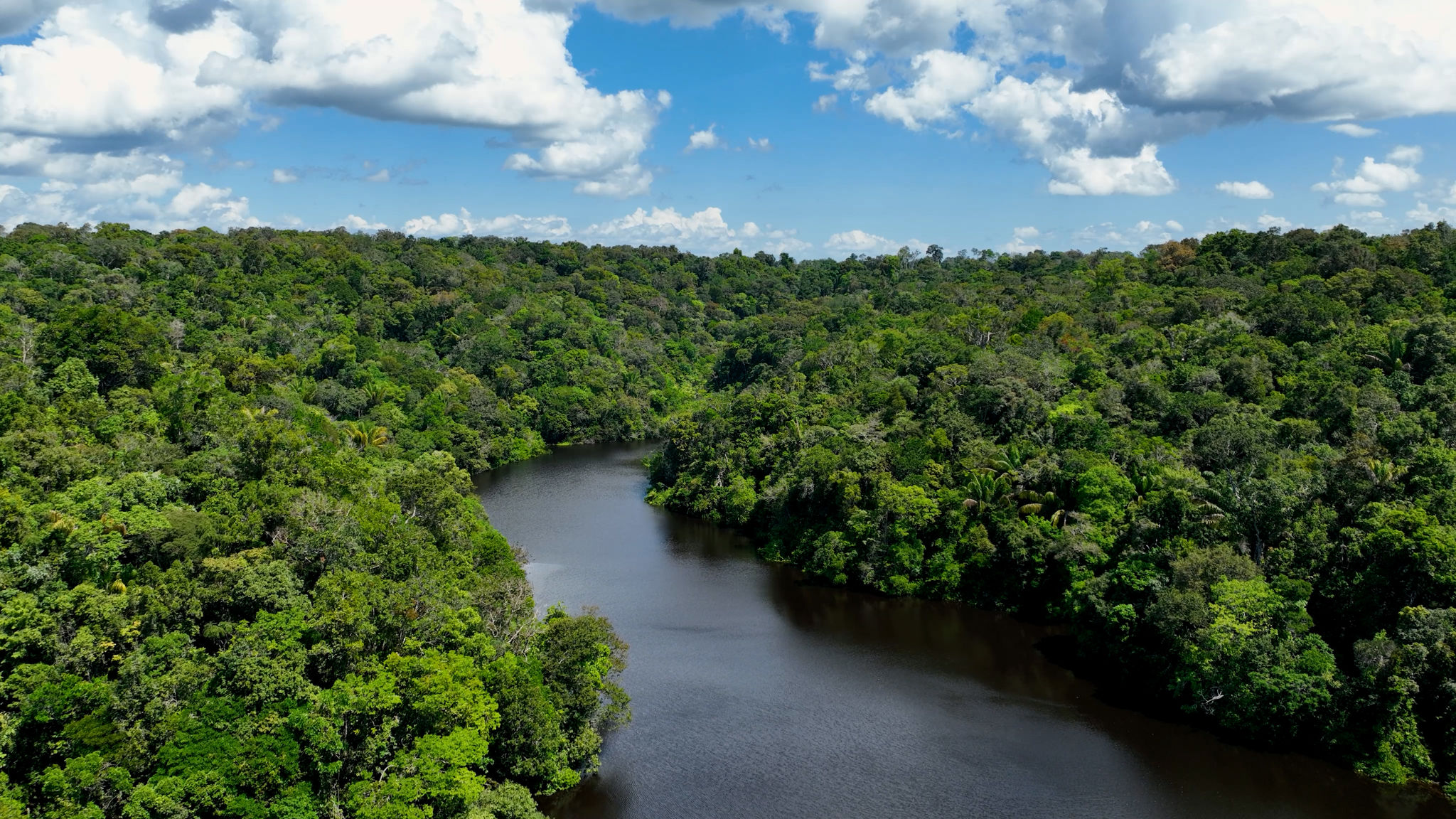Case Study: Successful Web3 Sustainability Projects in Brazil
Introduction to Web3 and Sustainability
The fusion of Web3 technology with sustainability initiatives is creating groundbreaking projects worldwide. In Brazil, a country rich with biodiversity and environmental challenges, Web3 is being harnessed to drive sustainable solutions. This case study explores some of the most successful Web3 sustainability projects in Brazil, highlighting their innovative approaches and significant impacts.

Tokenizing the Amazon Rainforest
One of the most notable Web3 initiatives in Brazil involves the tokenization of the Amazon Rainforest. This project aims to protect the rainforest by creating digital tokens that represent a specific area of land. Investors can purchase these tokens, providing funds for conservation efforts while gaining a stake in the preservation of one of the planet's most vital ecosystems.
The project has not only attracted local and international investors but has also raised awareness about the importance of conserving the Amazon. By leveraging blockchain technology, the initiative ensures transparency and accountability in how funds are used, ultimately building trust among stakeholders.
Impact on Local Communities
Beyond environmental benefits, tokenizing the Amazon has significantly impacted local communities. The initiative provides employment opportunities and engages indigenous populations in conservation efforts. By involving these communities, the project ensures that the people most affected by deforestation have a voice and a role in sustainable development.

Decentralized Renewable Energy Projects
Another groundbreaking initiative in Brazil is the use of Web3 technology to promote decentralized renewable energy projects. By utilizing blockchain, energy producers and consumers can trade renewable energy directly, bypassing traditional utility companies. This peer-to-peer model not only reduces costs but also encourages the adoption of sustainable energy sources.
These projects are particularly beneficial in remote areas where access to the national grid is limited. By enabling local communities to generate and trade renewable energy, these initiatives empower individuals and promote sustainable development from the ground up.
Case Study: Solar Energy Cooperatives
One successful example is the creation of solar energy cooperatives in rural Brazil. These cooperatives use Web3 platforms to manage energy production and distribution, ensuring fair pricing and equitable access. The use of smart contracts automates processes, enhancing efficiency and reliability.

Blockchain for Sustainable Agriculture
In addition to energy and conservation, Web3 is also transforming agriculture in Brazil. Through blockchain technology, agricultural supply chains are becoming more transparent and efficient. Farmers can track produce from farm to table, ensuring sustainable practices at every stage.
This transparency not only improves food safety but also builds consumer trust. By verifying sustainable practices through blockchain, farmers can command better prices for their produce, incentivizing environmentally friendly methods.
Empowering Small-Scale Farmers
The adoption of Web3 in agriculture is particularly beneficial for small-scale farmers. With access to decentralized platforms, they can reach broader markets and secure fair compensation for their products. This empowerment is crucial for promoting sustainable agriculture and supporting rural economies.

Conclusion: The Future of Web3 Sustainability in Brazil
The integration of Web3 technology into sustainability projects in Brazil demonstrates the potential for innovative solutions to pressing environmental challenges. By leveraging blockchain for transparency, efficiency, and community engagement, these projects are paving the way for a sustainable future.
As these initiatives continue to evolve and expand, they offer valuable lessons for other countries seeking to address sustainability through cutting-edge technology. The success stories from Brazil highlight the transformative power of Web3, not just for environmental conservation but also for social and economic resilience.
